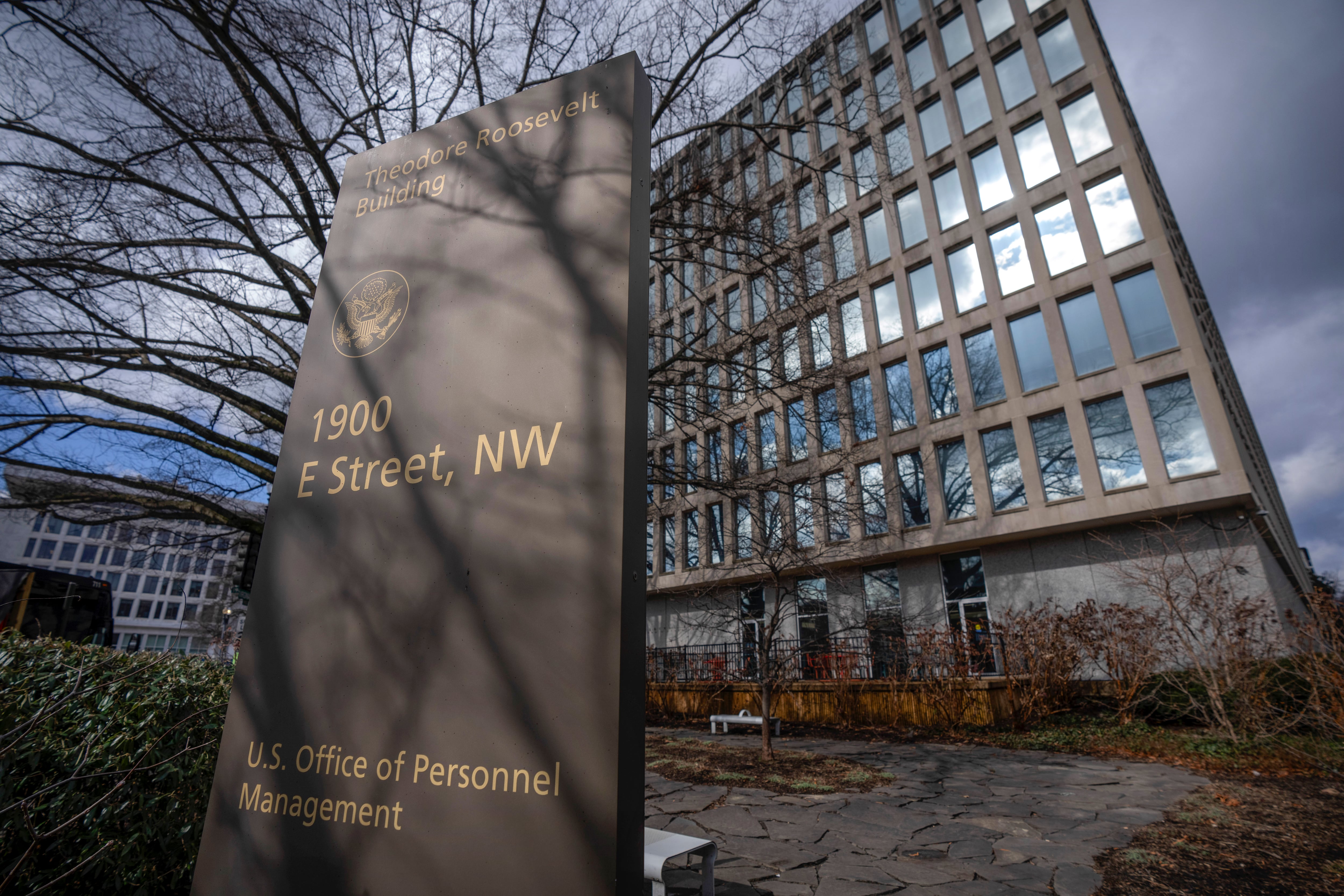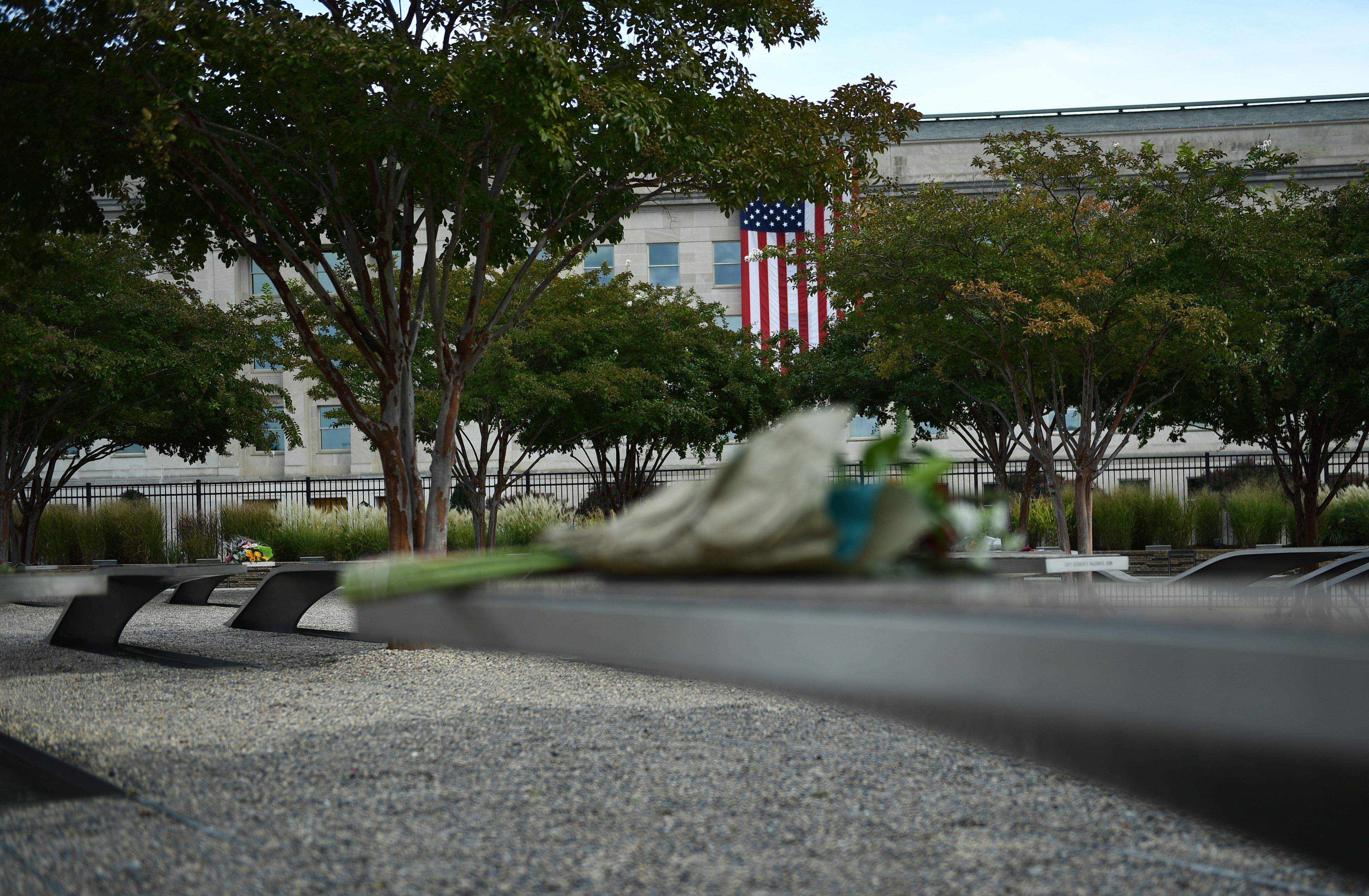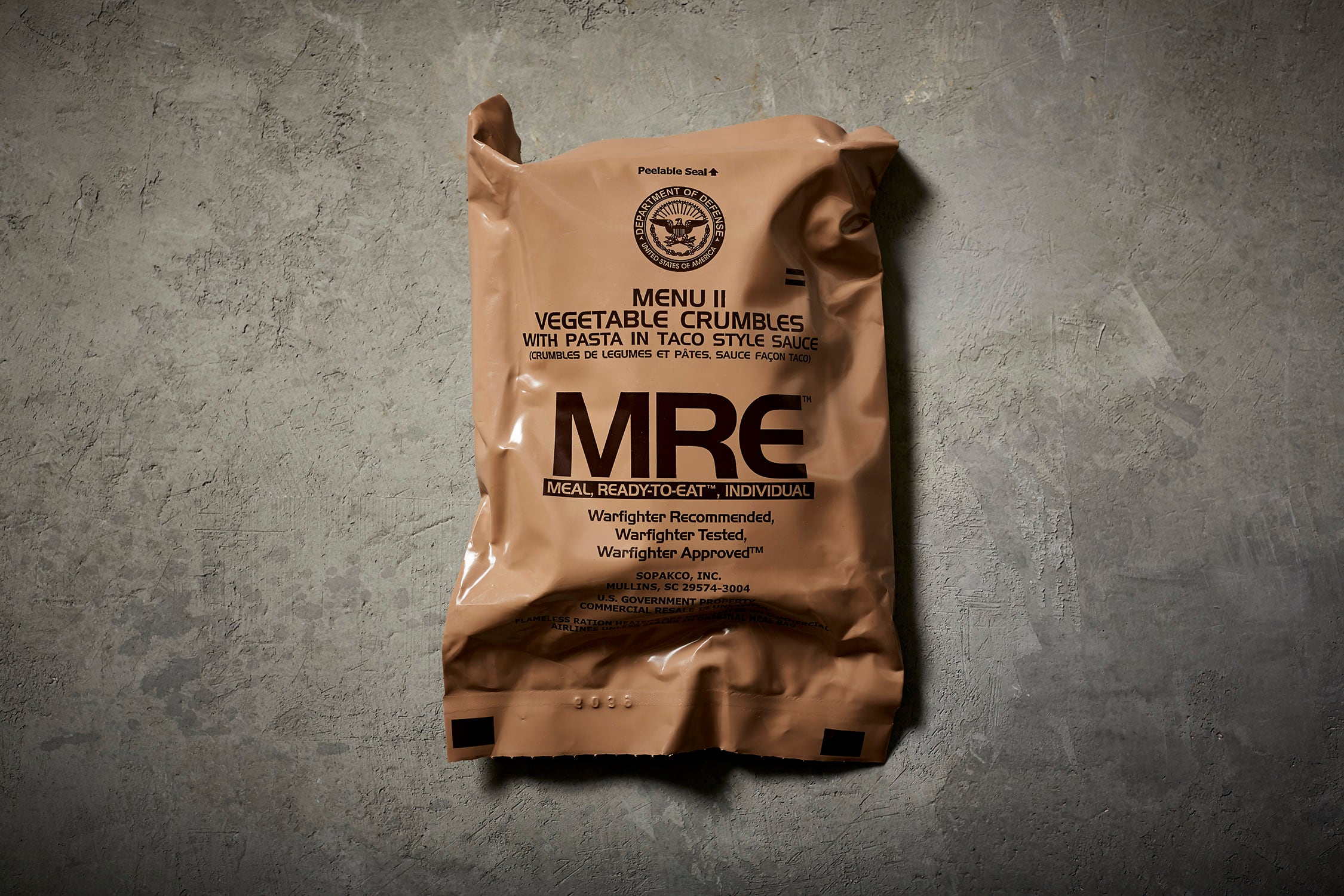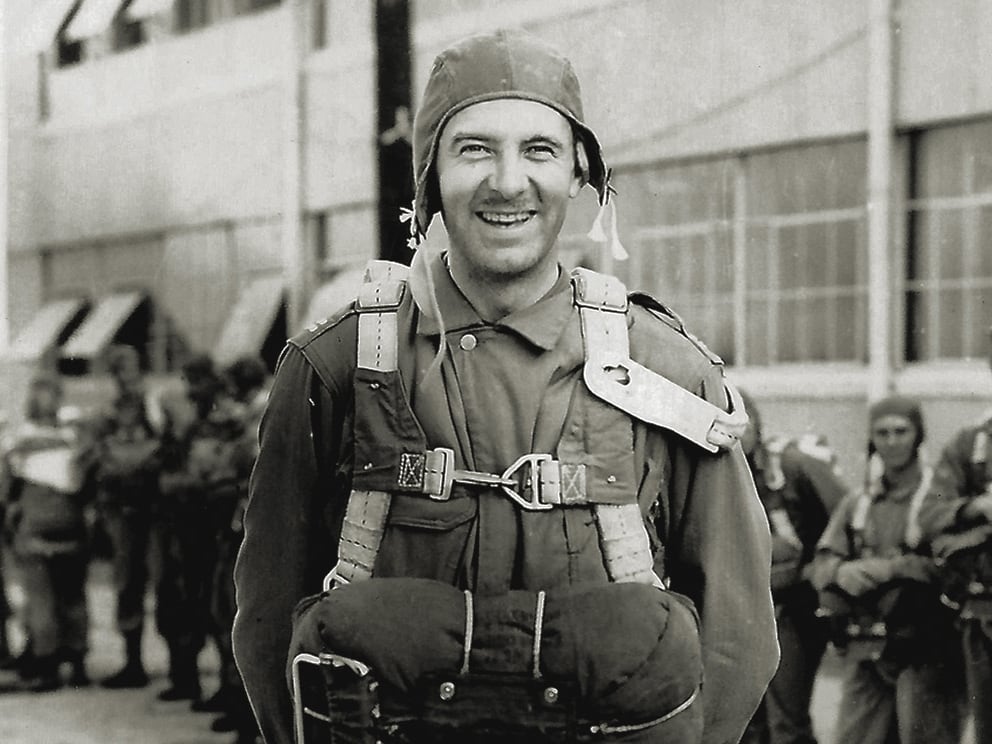Since the U.S. military’s withdrawal from Afghanistan in August 2021, stories about the evacuation and resettlement of interpreters have seemingly become vogue.
These tales of “eye for an eye” rescues between interpreters and their American counterparts have found their way of late into Hollywood as an increasingly covered genre of American heroism. Guy Ritchie’s latest film “The Covenant” is no exception.
The story follows U.S. Army Sgt. John Kinley (Jake Gyllenhaal) and his Afghan interpreter Ahmed (Dar Salim) as they rather reluctantly save one another and become accidental heroes along the way.
“To me, it was a parable,” Gyllenhaal told Military Times. “It was about doing good reluctantly. I think selfless service is an idea that is really interesting.”
When Ahmed is introduced, Kinley remains wary of him despite the fact that Ahmed’s first act is to save his unit from an ambush that had been coordinated by another interpreter. Things take a turn, however, when a mission to uncover a substantial weapons cache goes awry, leaving Kinley shot by Taliban fighters in the process.
Ahmed, rather begrudgingly, attempts to save his life. The interpreter, who has a pregnant wife and lost a child at the hands of the Taliban, has a special immigrant visa, or SIV, for his family on the line. But as the story progresses, it becomes increasingly obvious that altruism is the play.
“I love that there are two characters who don’t like each other very much,” Gyllenhaal added. “They do it out of a duty. They do it out of the sense of goodness that is inside of us.”
Because the Taliban is hunting the pair, Ahmed must avoid the main roads to get Kinley back to base. In doing so, he pushes the mostly unconscious American in a wagon up mountains and across unrelenting desert terrain.
The scenes, after some time, begin to feel reminiscent of Sisyphus, forced by Zeus to unsuccessfully push a boulder up a hill for all eternity.
From Kinley’s perspective, the sequence is an opium-induced fever dream, highlighted by hazy images and rhythmic music that seem to blur day and night. Eventually, the pair finally achieve salvation at the hands of another Army platoon.
Kinley is sent home to recover, but Ahmed is, predictably, left behind to fend for himself. Thousands of miles away, Kinley soon resolves to save Ahmed’s life.
In a booze-fueled sequence, Kinley attempts to navigate the legal channels necessary for securing Ahmed’s visa, spending brutal hours on the phone as the grating hold music plays on loop.
All the while, Ahmed, his wife, and his newborn son are forced to hide, moving every few days as the Taliban continues to hunt them.
The moral dilemma for Kinley becomes whether or not the debt of life that he owes Ahmed is worth risking everything to save him. He grapples with a creeping desire to push it out of his mind until his sense of duty — the idea of a covenant — overcomes him.
As audiences might expect with any action movie, all is well that ends well. A wild action sequence ensues that seemingly spells certain doom for both heroes, right up until the last moment when fate — also known as an outlandish American helicopter rescue — intervenes.
This film ultimately depicts a positive end for an Afghan interpreter or ally who manages to escape an oppressive regime hellbent on punishing anyone who helps coalition forces. In reality, many remain behind, hiding, waiting for SIVs and living in constant fear of retribution.
The U.S. military mantra of “no man left behind” is one that was proven to include significant grey area for numerous allies during the Vietnam War, and has similarly been critiqued in the wake of troop withdrawals from Afghanistan in August 2021.
There are currently more than 150,000 Afghan SIV applicants — many of them allies, interpreters, and their families — hoping to escape the Taliban-run nation, the Biden administration estimated to Foreign Policy.
“Guy Ritchie’s The Covenant” is in theaters on April 21.
Sarah Sicard is a Senior Editor with Military Times. She previously served as the Digitial Editor of Military Times and the Army Times Editor. Other work can be found at National Defense Magazine, Task & Purpose, and Defense News.
In Other News














